Revisiting the social media shitstorm that surrounded Arla’s trial of methane-inhibiting feed additive Bovaer last November was an eye-opening experience.
Our original coverage of the whole affair ended up being The Grocer’s best-read story of 2024.
And as we report in a special feature for The Grocer’s annual Dairymen supplement, the controversy continues to linger more than nine months later, both on social media (just take a quick look at Elon Musk’s X, if you can bear it), and even within the food sector itself.
What became abundantly clear in my reporting for the article was that misinformation and disinformation played a significant role in Arla’s crisis.
Anyone (including this journalist) who questioned some of the wilder claims – such as asking exactly how Bill Gates or the World Economic Forum were ’behind’ Bovaer – was labelled a “shill”, and faced accususations of being in on the whole conspiracy, or urged to “wake up” and “do your own research”. Ouch.
Danger of fake news
As Donald Trump’s overnight attack on Tylenol shows, this is a particularly unpleasant modern phenomenon – amplified by false claims on social media platforms such as X – which has now been normalised, even at the highest levels of public discourse.
Flanked by his notoriously vaccine-sceptical health secretary Robert F Kennedy Jr, the US president – without offering evidence – claimed the painkiller (known as paracetamol on this side of the pond), was “no good” and could cause autism in children if consumed by expectant mothers.
Leaning heavily into conspiracy theories found online, including the debunked claim by disgraced UK doctor Andrew Wakefield that incorrectly linked vaccines to autism, Trump then claimed the MMR vaccine was dangerous.
His comments have since been roundly condemned by medical professionals, the autistic community and the government. Health secretary Wes Streeting said: “I trust doctors over president Trump, frankly, on this.”
The boycott backlash
But back to the Bovaer piece. As part of my work on the story I attempted to cut through the conspiracy theories to find out exactly what happened and what happens next when it comes to the dairy industry’s efforts to tackle methane emissions. After all, it’s not every day that people are found calling for a boycott of some of the UK’s best-known dairy products and gleefully videoing themselves pouring milk down the toilet.
Some of the people I spoke to even sit on the committee that approved Bovaer for use, although whether that’s enough “research” to placate some of the naysayers remains to be seen.
Ultimately, the Bovaer saga is a cautionary tale for brands navigating today’s volatile information landscape. This is an era where fake news and social media spin can rapidly distort even the most well-intentioned initiatives: even the original Arla press release announcing the use of Bovaer was a chirpy, feel-good announcement.
The lesson for brands is clear: transparency, proactive communication, and a willingness to engage openly with critics are more vital than ever. It’s never been harder to manage your own news post-release, and so brands must be prepared to speak up against misinformation, sharing credible, accessible evidence and answering consumers’ genuine concerns.
And at the end of the day, the ability to weather a social media shitstorm depends not on the facts, but on the strength of the relationship between a brand and its audience. In a world where outrage can be manufactured in minutes and reflects the very worst of modern news cycles, authenticity and trust are a brand’s best defence.







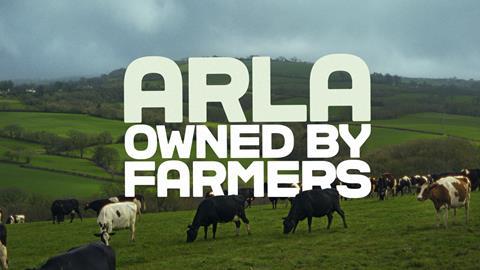
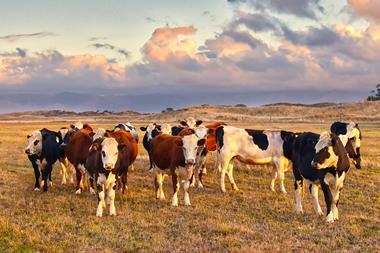
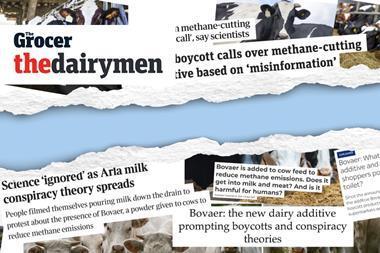
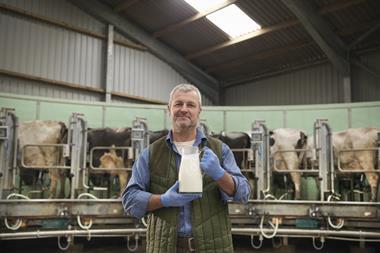
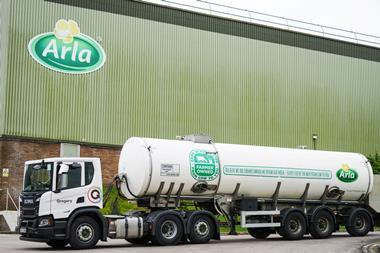
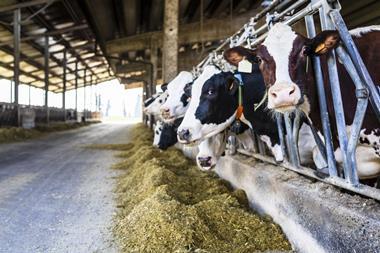
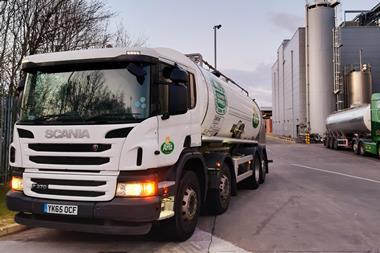






No comments yet